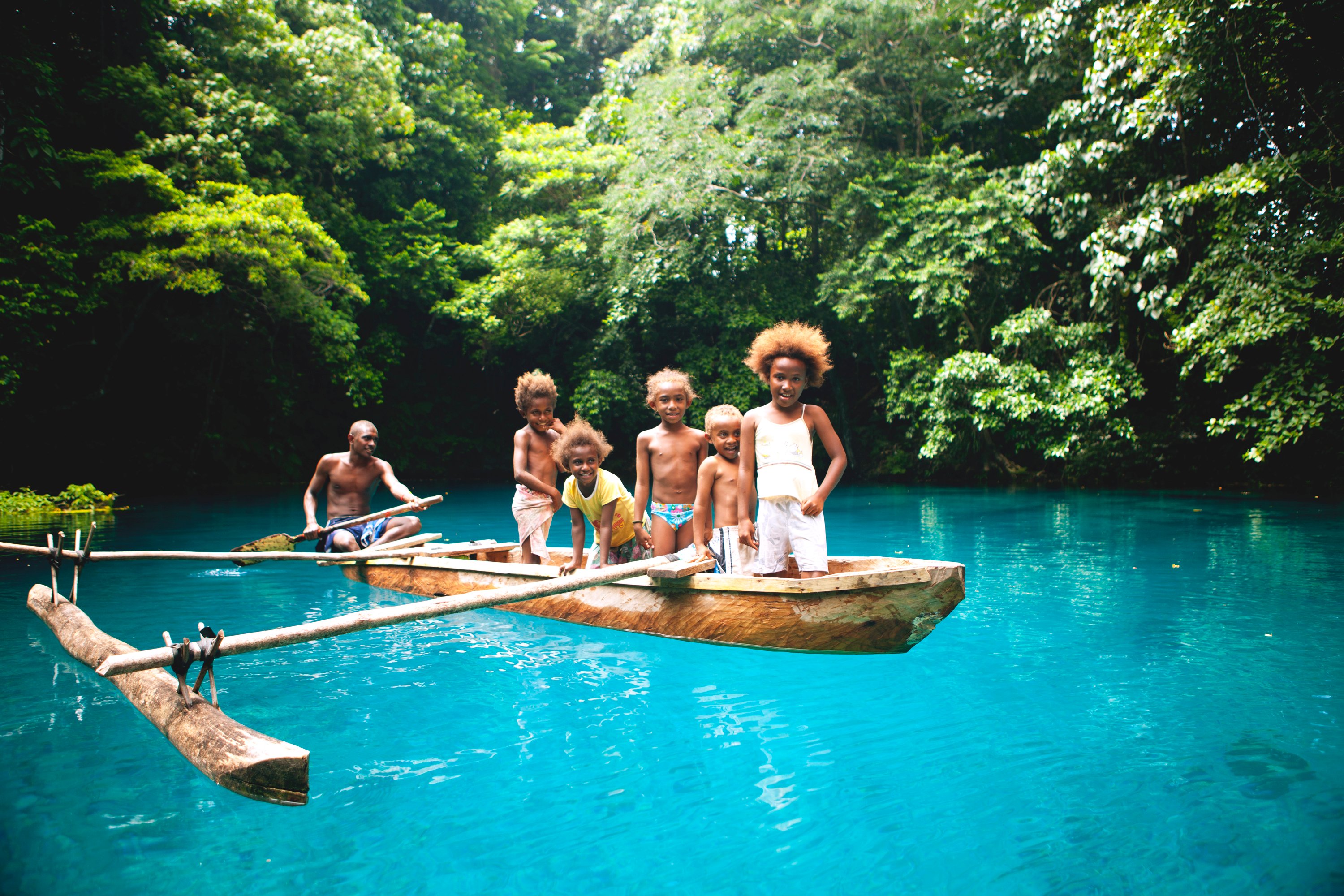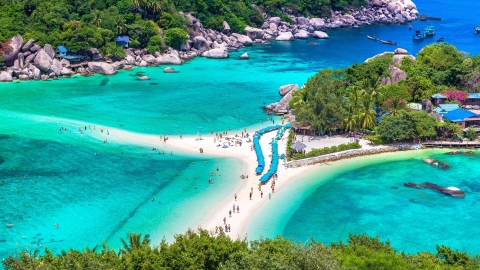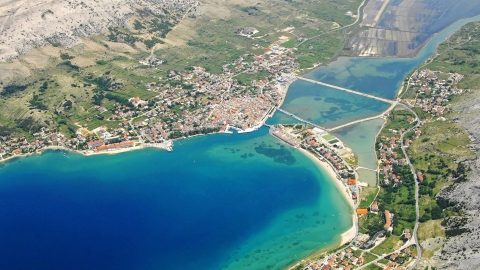The Vanuatu archipelago consists of 80 islands of varying sizes spread across an area of 20 million square kilometers.2, including 12,200 km2It is owned by the Republic of Vanuatu. Approximately 220,000 people live there and speak 120 different languages, but there are no ethnic or religious conflicts.
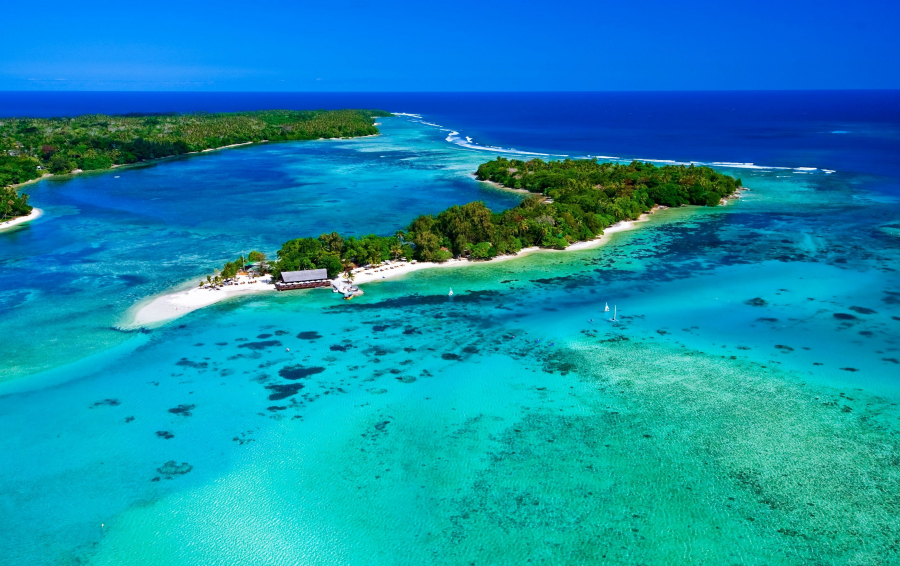
Vanuatu declared independence in 1980 and in 2006 was ranked first on the list of countries with the highest happiness index in the world. Located in a tropical climate, Vanuatu mainly develops agriculture, tourism, and exports agricultural and forestry products such as coconuts, cocoa, and timber.
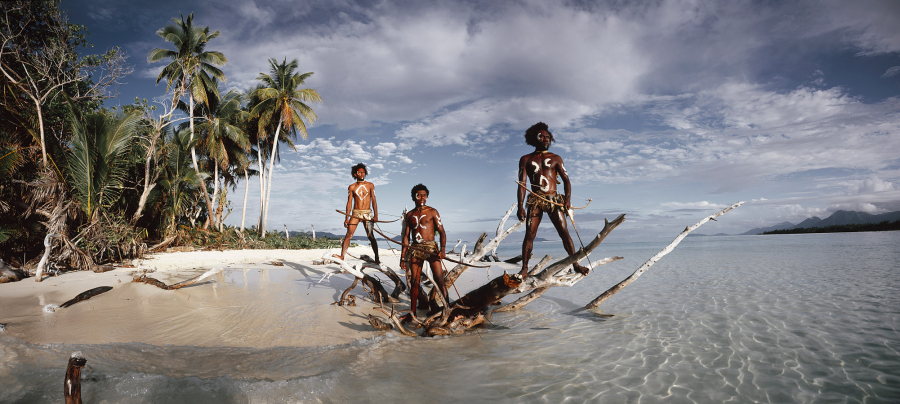
Despite the world's rapid development, the indigenous Melanesian tribe here still lives a primitive life, just as their ancestors did thousands of years ago. They reject the influences of modern Western civilization and maintain their wild lifestyle. Therefore, this is a peaceful country, rich in national identity, and above all, unaffected by the troubles of the outside world.
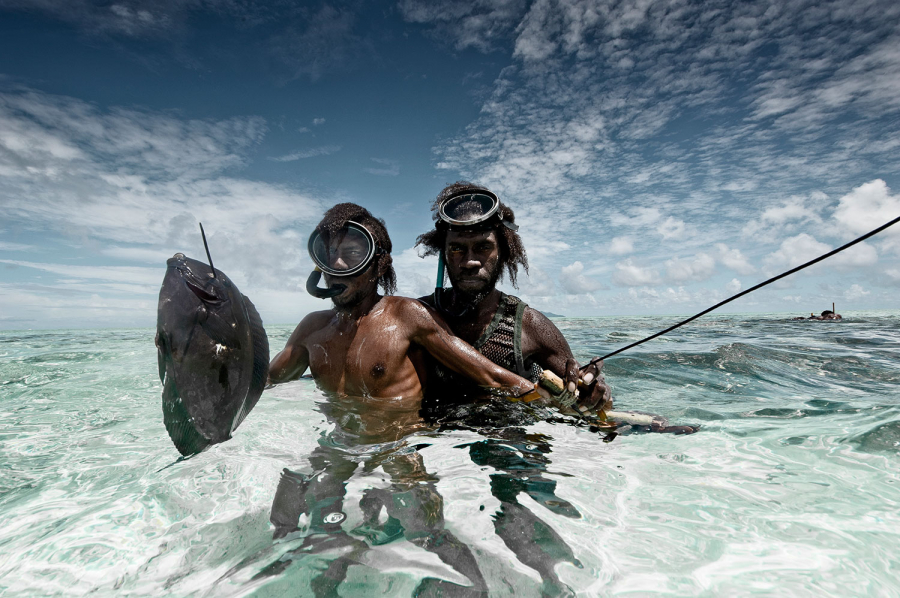
Vanuatu also uses very little electricity and water because, outside of Port Vila, the villagers only use well water and bathe in the river.
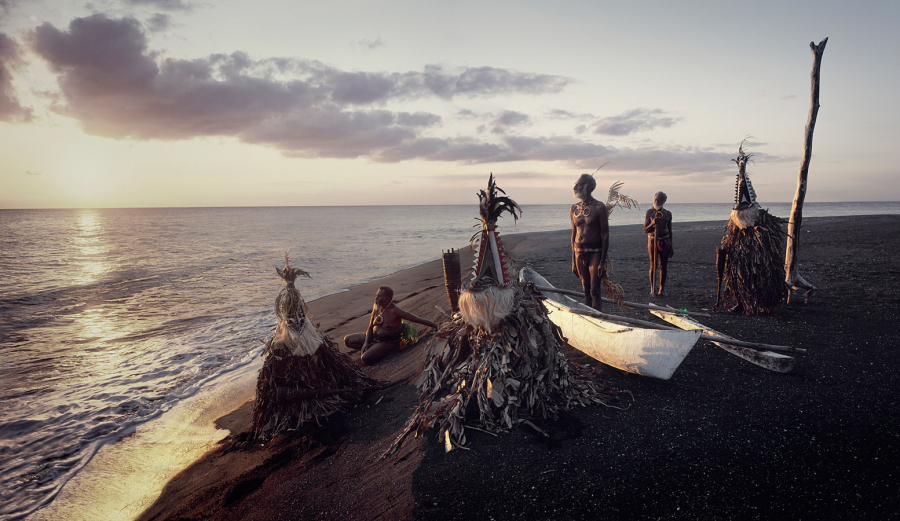
The environment in Vanuatu is very clean; the government has never had to worry about pollution. In the capital, Port Vila, there are so few cars that there aren't a single traffic light in the entire city. Currently, the government is planning to use coconut oil as a biofuel to replace gasoline.
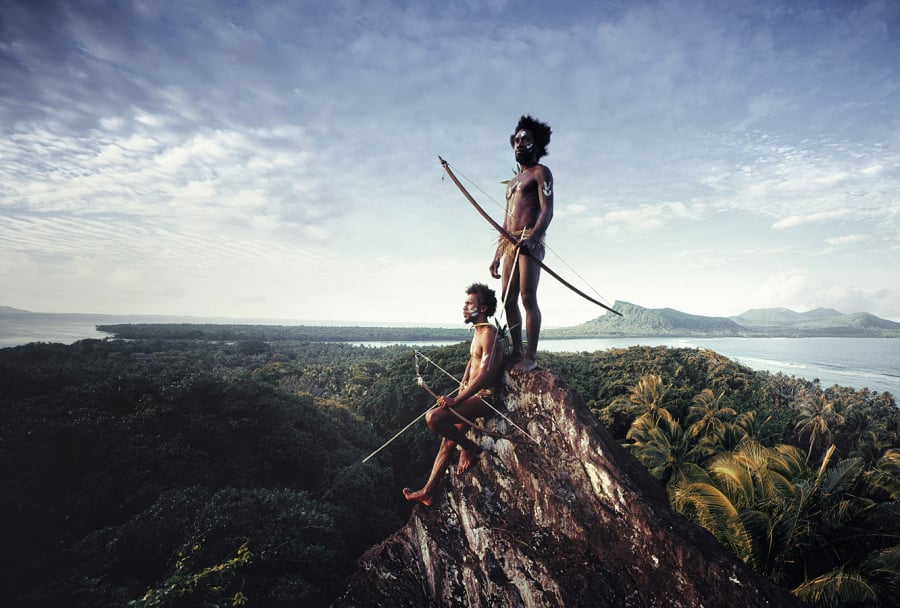
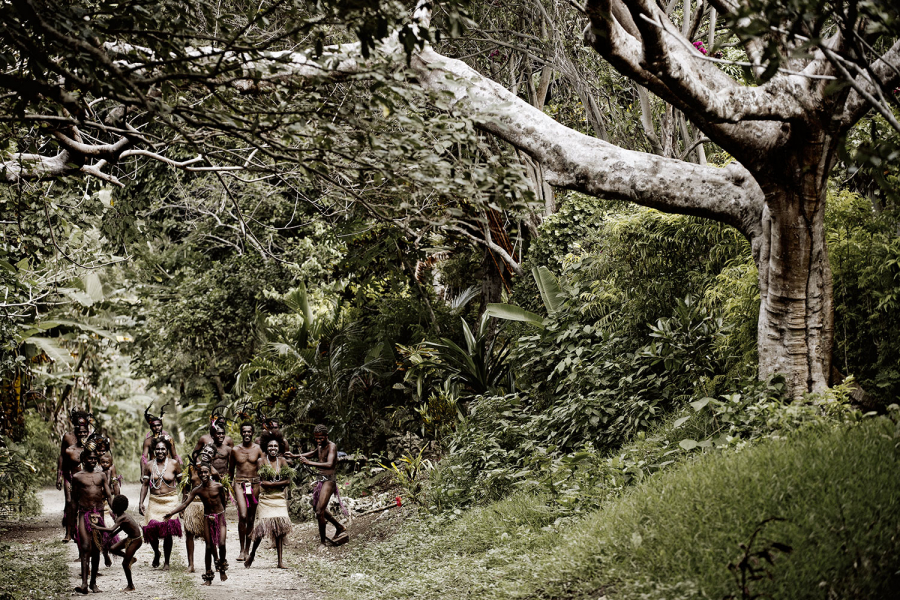
Vanuatu primarily develops its agriculture, tourism, and exports agricultural and forestry products such as coconuts, cocoa, and timber.
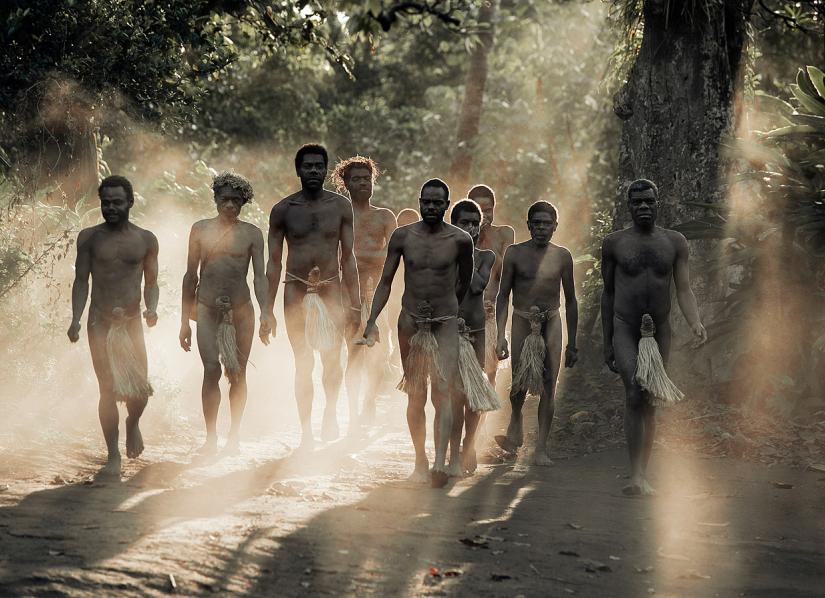
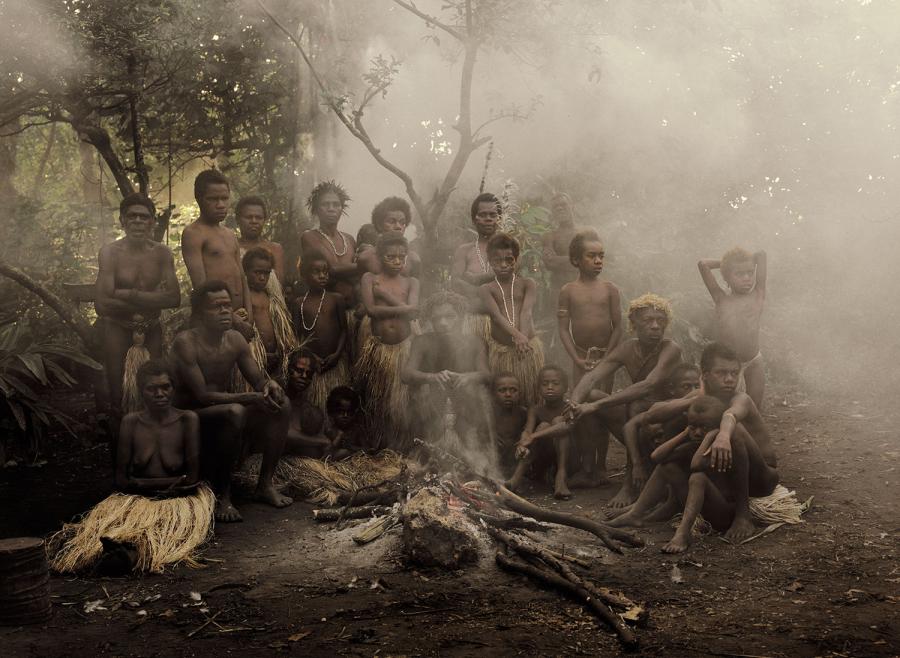
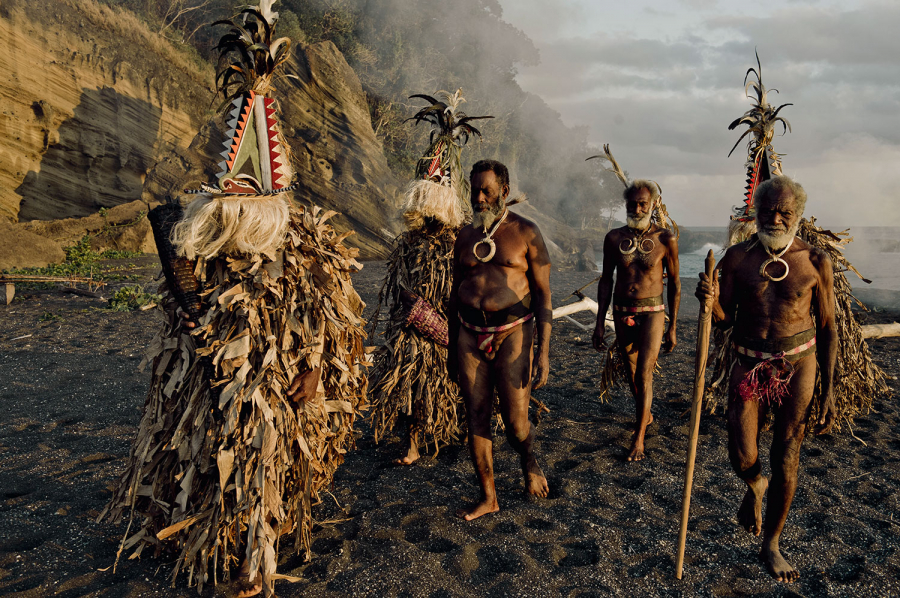
Because of their close connection with nature and self-sufficient lifestyle, the people of Vanuatu enjoy a harmonious life, valuing nature and full of positivity. This is why this small country consistently ranks among the happiest nations in the world.
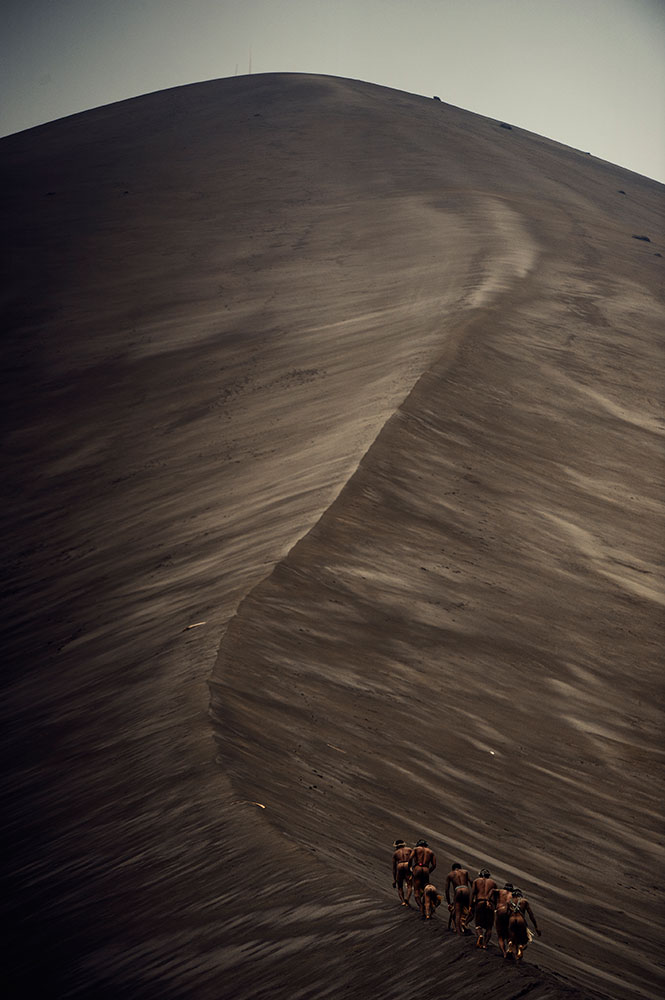
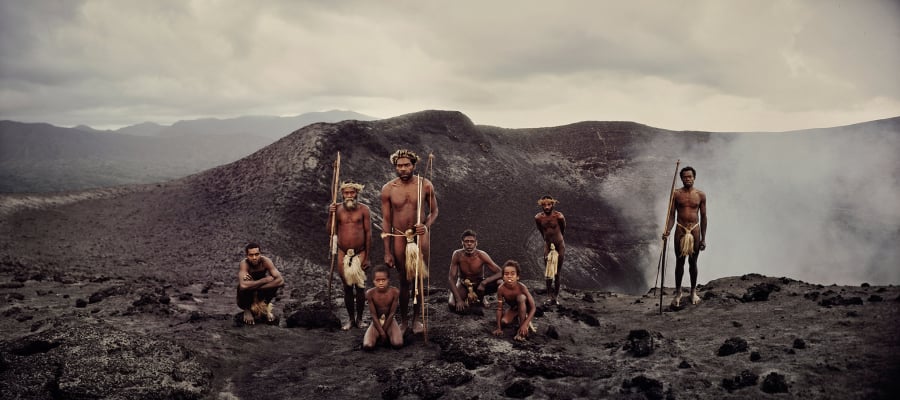
This place is home to about 220,000 people who speak 120 different languages, but there are no ethnic or religious conflicts.
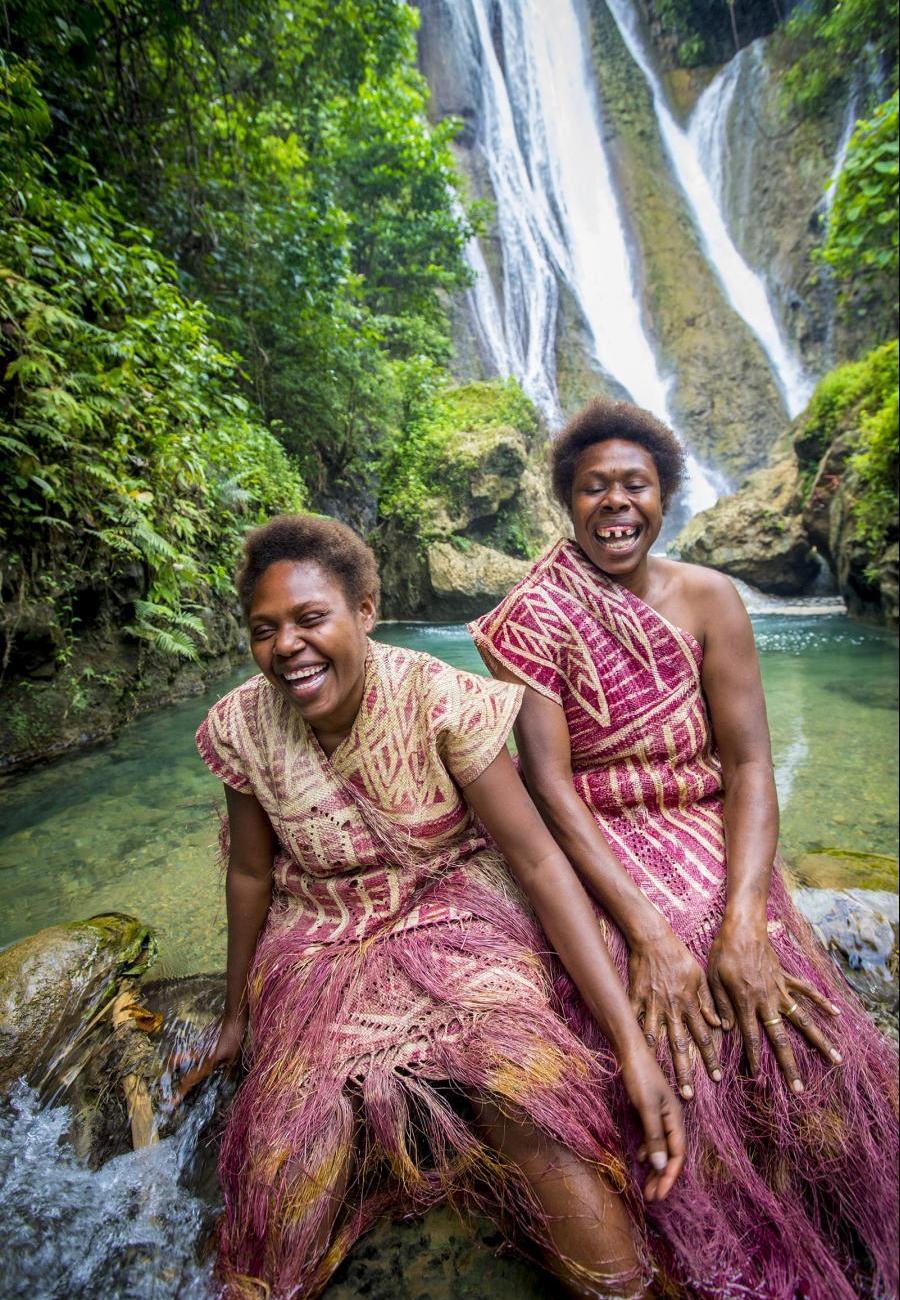
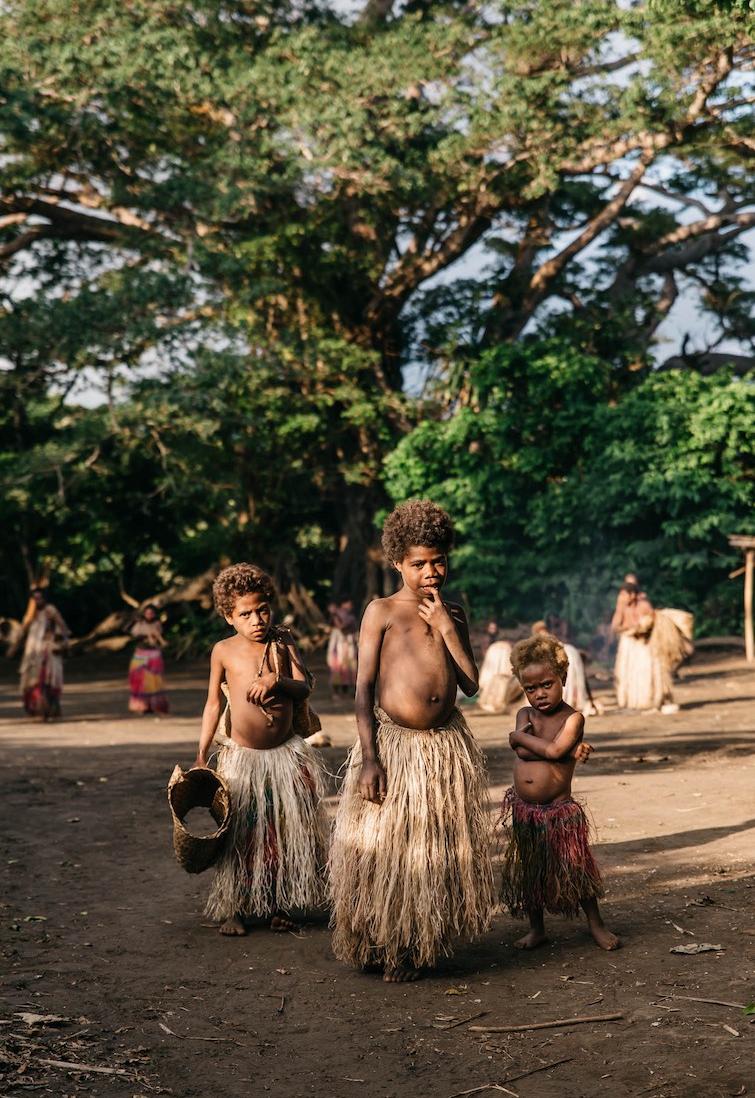
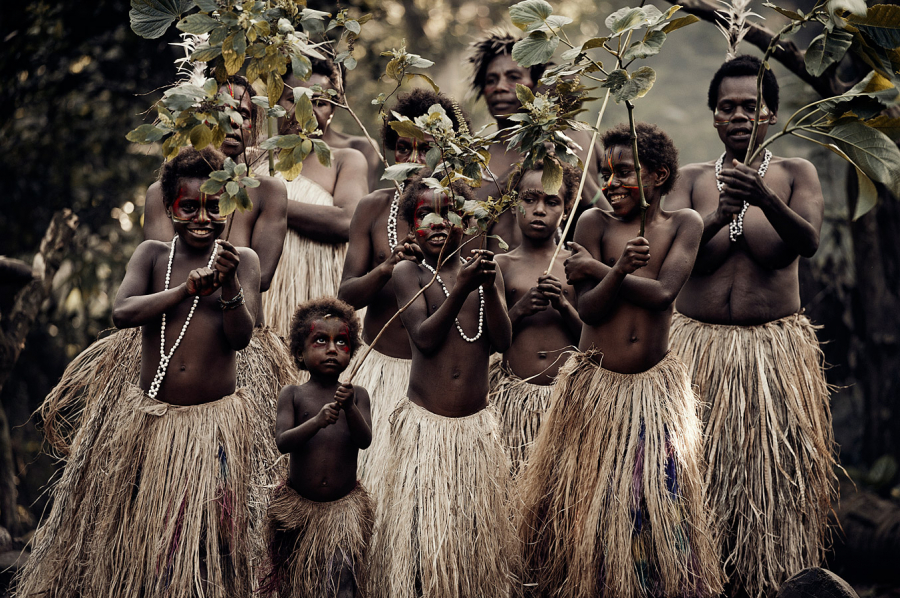
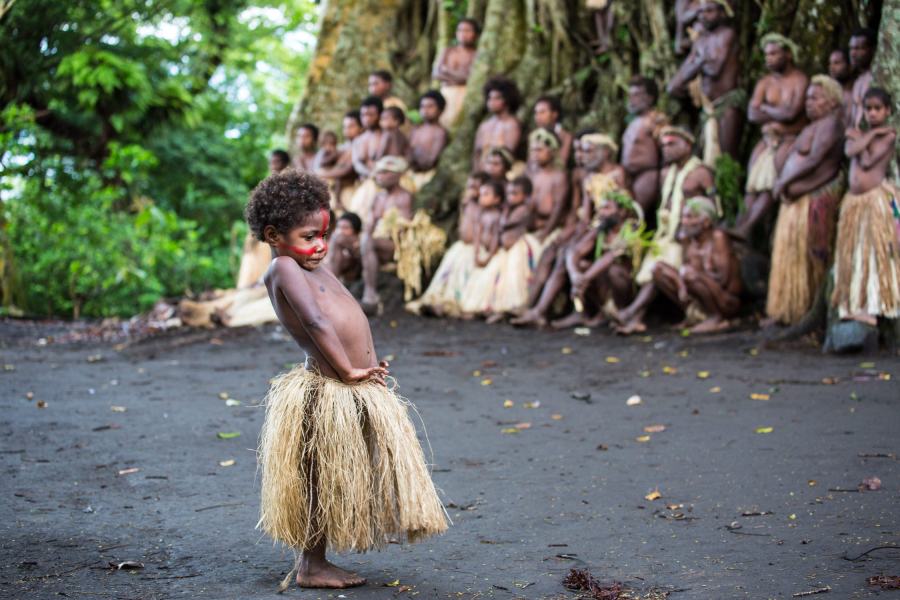

 VI
VI EN
EN



